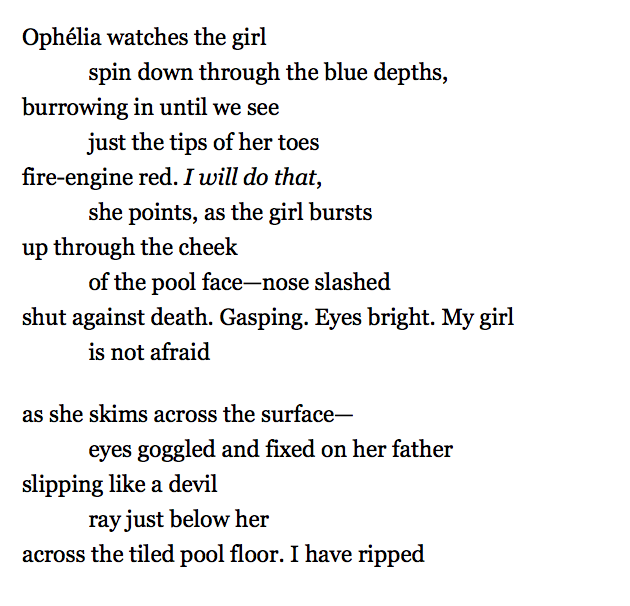[et_pb_section bb_built=”1″][et_pb_row _builder_version=”3.0.67″ background_position_1=”top_left” background_repeat_1=”no-repeat” make_fullwidth=”on”][et_pb_column type=”4_4″][et_pb_text _builder_version=”3.0.67″ saved_tabs=”all” background_layout=”light” text_orientation=”left” text_font=”Georgia||||” text_font_size=”12″ text_line_height=”3em” header_font=”Georgia||||” header_font_size=”71px” use_border_color=”on” border_style=”solid” global_module=”9550″ text_font_size_tablet=”13″]
Dear P.
Please forage please do not achieve please
stay mischievous even if others are deviously
perfect your previous hair color will always be black
black isn’t absence [. . . continue reading here.]
[/et_pb_text][et_pb_text _builder_version=”3.0.67″ saved_tabs=”all” background_layout=”light” text_orientation=”left” text_font=”Georgia||||” text_font_size=”12″ text_line_height=”3em” header_font=”Georgia||||” header_font_size=”71px” use_border_color=”on” border_style=”solid” global_module=”9550″ text_font_size_tablet=”13″]
Dear P.
Please forage please do not achieve please
stay mischievous even if others are deviously
perfect your previous hair color will always be black
black isn’t absence [. . . continue reading here.]
[/et_pb_text][/et_pb_column][/et_pb_row][et_pb_row][et_pb_column type=”1_3″][et_pb_blurb _builder_version=”3.0.67″ url_new_window=”off” use_icon=”off” use_circle=”off” use_circle_border=”off” icon_placement=”top” use_icon_font_size=”off” background_layout=”light” border_style=”solid” animation=”top” saved_tabs=”all” global_module=”9572″]

Victoria Chang (poetry, ’05)
[/et_pb_blurb][/et_pb_column][et_pb_column type=”2_3″][et_pb_text _builder_version=”3.0.67″ background_layout=”light” text_orientation=”left” border_style=”solid”]
Victoria Chang‘s fourth book of poems, Barbie Chang, is forthcoming from Copper Canyon Press this fall. Her prior book, The Boss (McSweeney’s) won the PEN Center USA Literary Award and a California Book Award. Other books are Salvinia Molesta and Circle. She was awarded a Guggenheim Fellowship in 2017 and teaches at Chapman University and the Orange County School of the Arts. She lives in Southern California with her family. You can find her at www.victoriachangpoet.com.
[/et_pb_text][/et_pb_column][/et_pb_row][/et_pb_section]







